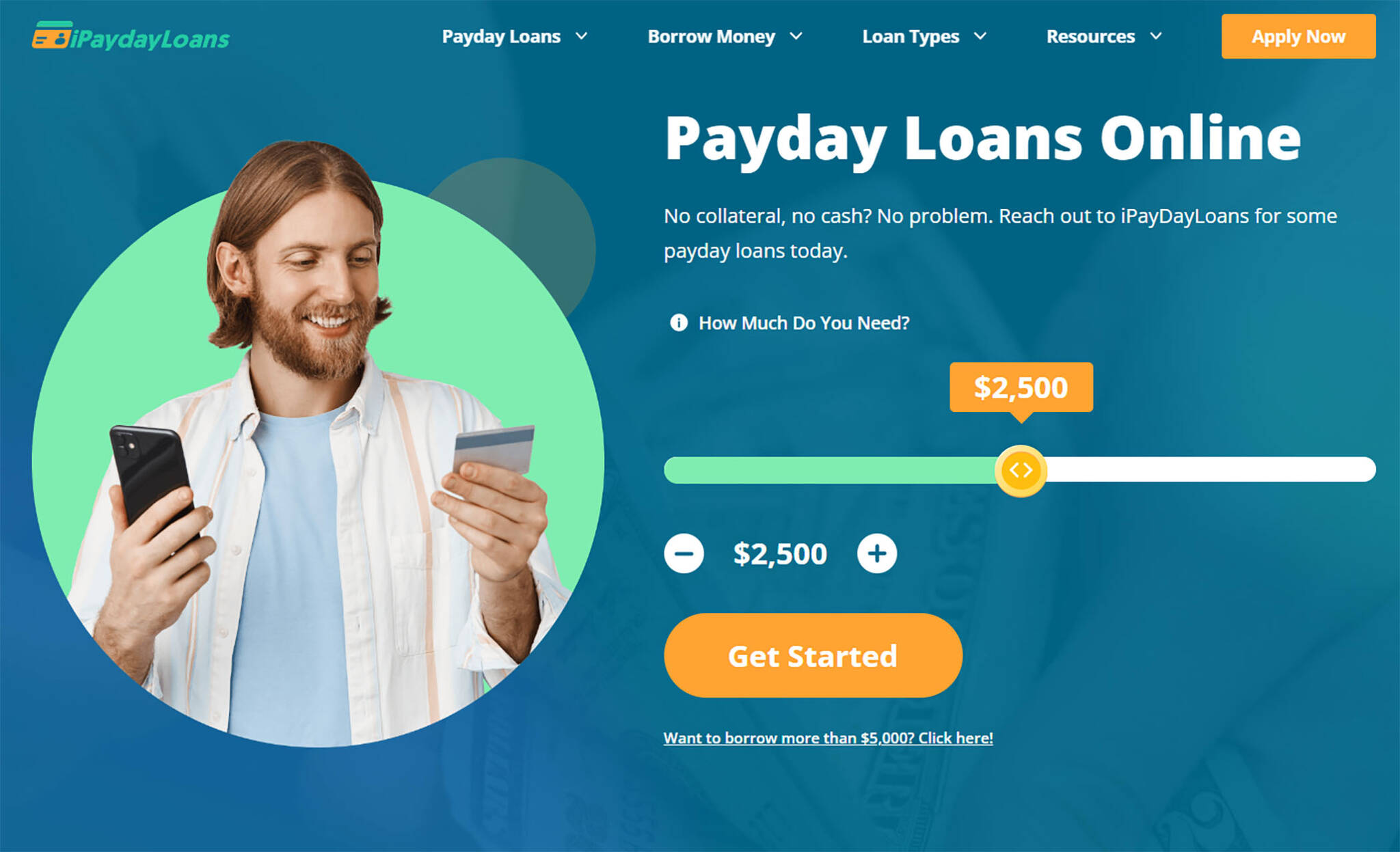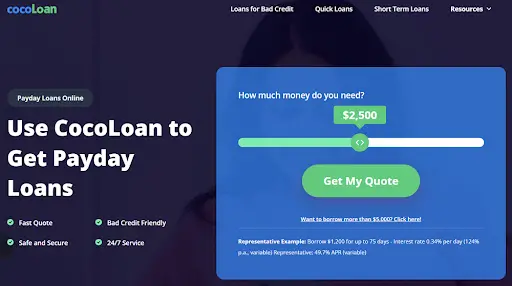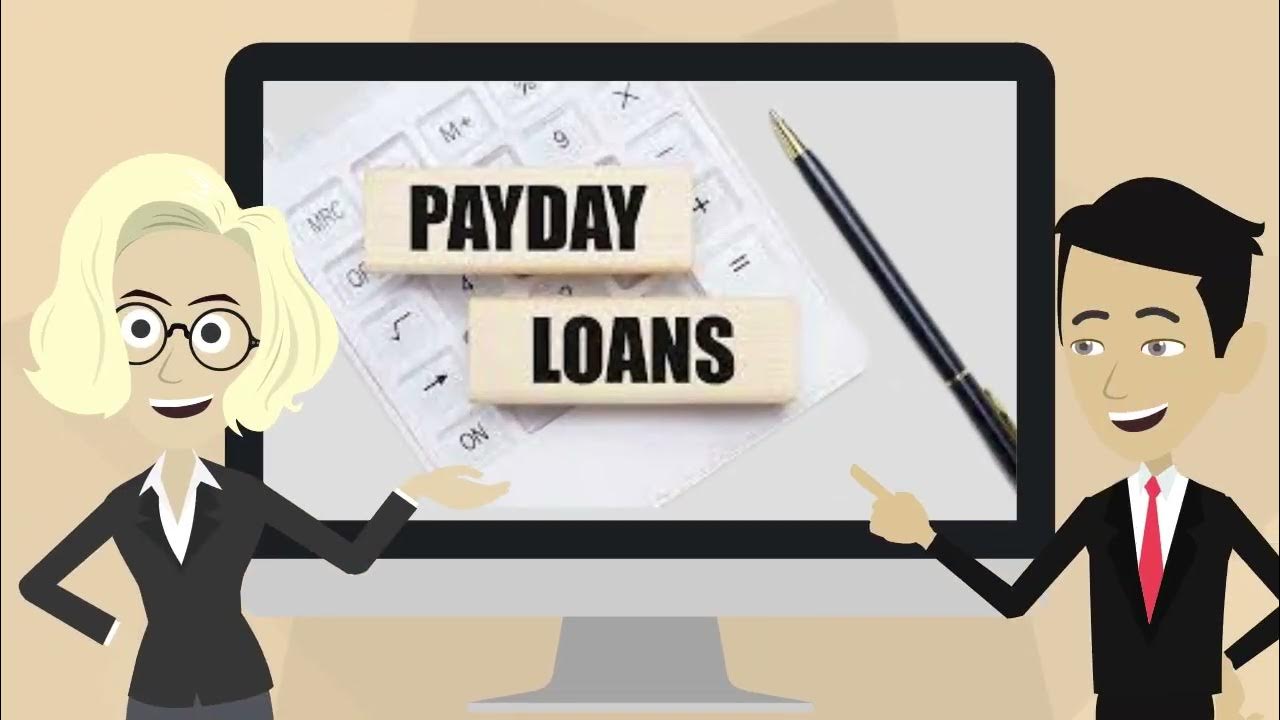$300 Payday Loan Online Without Credit Check

Facing an immediate cash crunch? A surge in online lenders are offering $300 payday loans with no credit check, promising instant relief but potentially masking significant financial risks.
These readily available loans bypass traditional credit assessments, appealing to individuals with poor or nonexistent credit histories. However, their convenience comes at a steep price, often with exorbitant interest rates and fees.
The Allure of Quick Cash
The online marketplace is flooded with lenders advertising "instant approval" and "guaranteed acceptance" for $300 payday loans. These promises target individuals in desperate need of funds for emergencies like medical bills, car repairs, or overdue utilities.
The application process is typically streamlined, requiring minimal documentation and promising funds deposited directly into a bank account within hours.
This ease of access is particularly attractive to those who have been turned down by traditional banks and credit unions.
The Hidden Costs
While the prospect of quick cash is enticing, the reality of payday loans can be harsh. These loans are characterized by exceptionally high interest rates, often expressed as an Annual Percentage Rate (APR) that can exceed 400%.
According to the Consumer Financial Protection Bureau (CFPB), the median payday loan costs $17 per $100 borrowed. For a $300 loan, this translates to $51 in fees for a two-week loan term.
Furthermore, borrowers often face pressure to roll over their loans if they cannot repay them on the due date, leading to a cycle of debt.
The Risk of Debt Traps
The short repayment terms and high interest rates associated with $300 payday loans can create a vicious cycle of debt. Borrowers find themselves repeatedly taking out new loans to cover existing ones.
A 2014 CFPB study found that four out of five payday loans are re-borrowed within a month. This demonstrates the difficulty borrowers face in escaping the debt trap.
Rolling over loans incurs additional fees, further increasing the overall cost of borrowing and extending the repayment period.
Who is Offering These Loans?
A vast network of online lenders, often operating from outside the United States, are offering these $300 payday loans. They utilize aggressive marketing tactics to attract borrowers, often emphasizing speed and convenience.
Many of these lenders operate outside the bounds of state lending regulations, making it difficult for borrowers to seek legal recourse in case of disputes or predatory lending practices.
It is crucial for borrowers to carefully research the legitimacy of any lender before providing personal information or agreeing to loan terms.
Where are These Loans Available?
These loans are primarily accessible online, through websites and mobile apps. The reach of these lenders extends nationwide, targeting individuals in all states, regardless of local lending laws.
Some brick-and-mortar payday loan stores also offer online applications, blurring the lines between traditional and online lending.
The widespread availability of these loans makes it essential for consumers to be aware of the potential risks involved.
When are These Loans Most Used?
These $300 payday loans are frequently utilized during times of financial hardship, such as unexpected job loss, medical emergencies, or seasonal expenses. The immediacy of these loans is particularly attractive when facing urgent financial needs.
Many borrowers turn to payday loans as a last resort when other credit options are unavailable or exhausted.
Financial experts caution against relying on payday loans as a sustainable solution for long-term financial difficulties.
How to Protect Yourself
Before considering a $300 payday loan, explore alternative options such as borrowing from friends or family, seeking assistance from local charities, or negotiating payment plans with creditors.
If a payday loan is unavoidable, carefully review the loan agreement, paying close attention to the interest rate, fees, and repayment terms. Understand the total cost of borrowing before signing any documents.
Consider seeking advice from a qualified financial advisor to explore debt management strategies and improve your overall financial situation. Always prioritize building an emergency fund to avoid relying on high-cost loans in the future.
Ongoing Developments
Consumer advocacy groups are actively lobbying for stricter regulations on the payday loan industry, aiming to protect borrowers from predatory lending practices.
The CFPB continues to monitor the industry and issue guidance to consumers regarding the risks associated with payday loans. Borrowers are urged to stay informed about their rights and options.
Further developments regarding regulations and consumer protections are expected in the coming months.


















